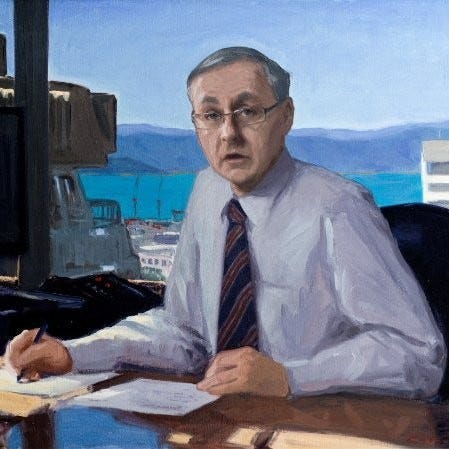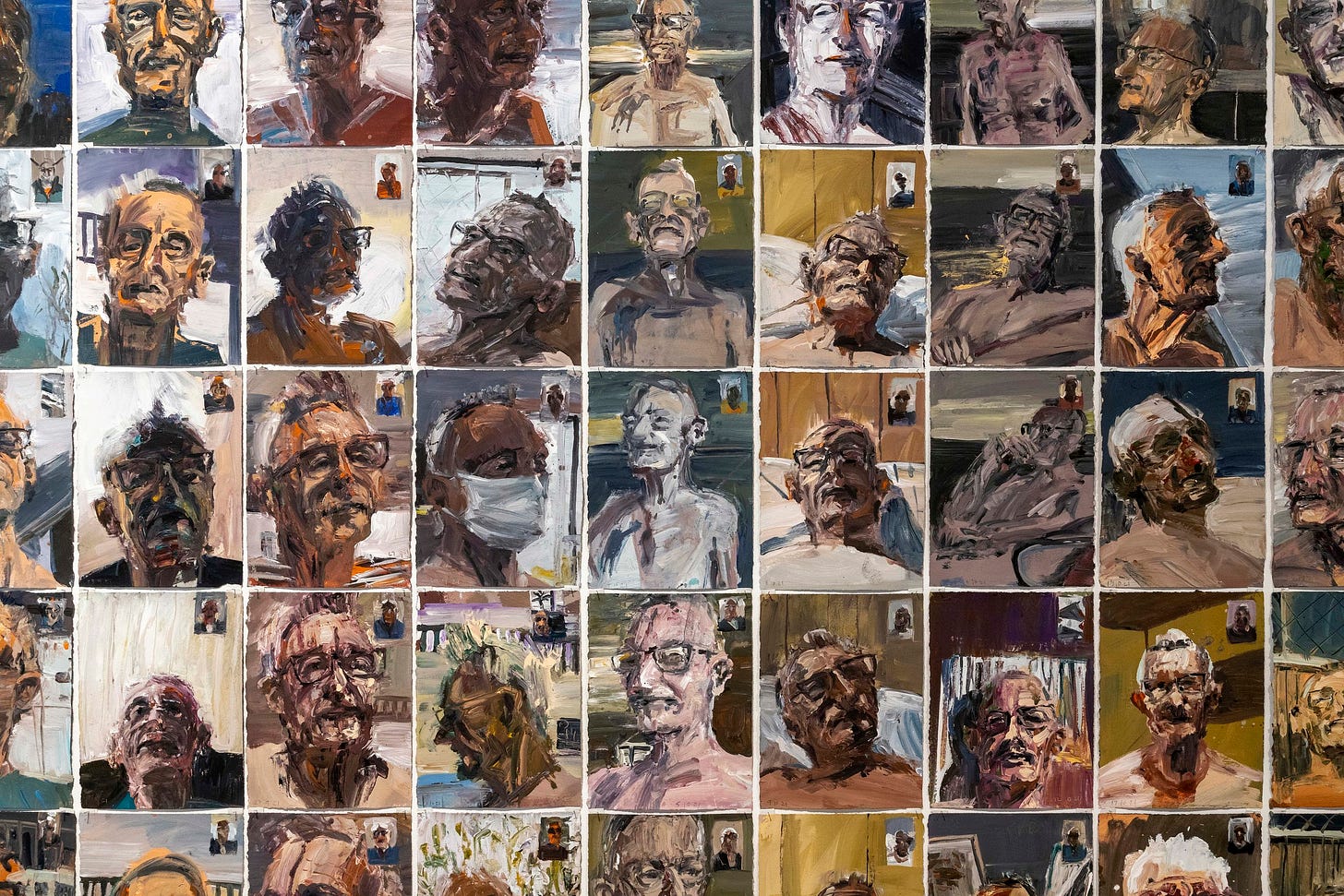Behind the Curtain of Modern Banking
Featuring New Books in Economics, New Books in Economic and Business History, and an Interview with Professor Alan Bollard
Economic and Business History
We encounter economics every single day— when we visit the store, when we pay our bills, and when we go to work. Economics underpins so much of modern-day life that we often forget that for millennia, people rarely exchanged goods and services. Instead, they subsisted on the production that they could generate locally or in small groups.
As a discipline, economics examines everything from the psychology of individual transactions to the macro-scale of global financial systems. Some scholars take a theoretical approach, modeling human behavior with abstruse mathematical equations. Others take an empirical approach, collecting vast sums of historical data and divining long-running trends of growth and inequality.
Public battles have been waged between different economic sects: everyone from Marxists to acolytes of Milton Friedman. The primacy of the government versus that of the market has been one of the most crucial political questions of the past century. Undeniably, we will continue this debate with little hope for an obvious resolution. In the meantime, you can listen to our wonderful hosts interview scholars of economics and economic and business history.
Scholarly Sources
Alan Bollard is a Professor of Practice at the School of Government, Wellington School of Business and Government. He was the Governor of the Reserve Bank of New Zealand from 2002 to 2012.
Q: What are you reading right now?
A: I am reading The Covenant of Water by Abraham Verghese. He’s a brilliant writer, but it’s long, and I might just not finish this one!
Q: What is your favorite book or essay to assign to give to people and why?
A: Well maybe this is a bit of a cheat, but I am giving my latest book, Economists in the Cold War: How a Handful of Economists Fought the Battle of Ideas, just published, by the Oxford University Press.
Q: Is there a book you read as a student that had a particularly profound impact on your trajectory as a scholar?
A: Yes, The Limits to Growth by Donella Meadows and others. It was published in 1972 and was a computer simulation of the impact of exponential growth on our limited supply of resources. Sounds basic now, but at the time to a young student of economics, it was an eye-opener. It got a lot of projections wrong, but in principle, it foresaw the sort of climate change problems we are grappling with today.
Q: Which deceased writer would you most like to meet and why?
A: John le Carré. He started and led a whole new fiction genre: the complex, implicated anti-hero spy saga. I heard him talk once, and he was very impressive, but it would have been great to get him to a dinner party.
Q: What's the best book you've read in the past year?
A: Well, there have been a few, but a recent trip to Sicily was much enlightened by reading the famous, The Leopard, by Giuseppe Di Lampedusa, the story of an old man struggling to keep up with the changes in life.
Q: Have you seen any films, documentaries, or museum exhibitions that left an impression on you recently?
A: I am Chair of the New Zealand Portrait Gallery– at the moment we have oil portraits by Euan MacLeod of a friend he talked with on Zoom during Covid lockdowns. He talked to him daily for a year, and each time painted his portrait off the screen. There are 321 portraits on the wall, a tribute to …. I don’t know, endurance? It’s crazy!
Q: What do you plan on reading next?
A: Tomas Nevinson¸ by Javier Marías, described as ‘a thriller in sinuous slow motion’!
Interested in Becoming an NBN Host?
Are you interested in becoming a New Books Network host? Are you a professor, graduate student, or an expert in a particular field of study? Apply to become a host to help support our mission of creating a free and accessible academic library!








